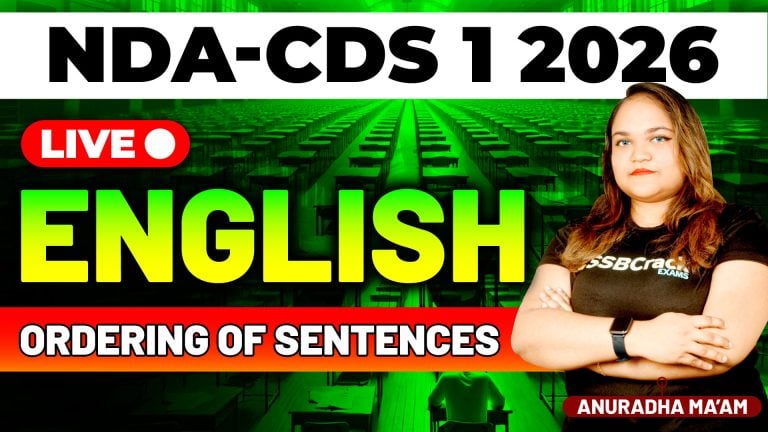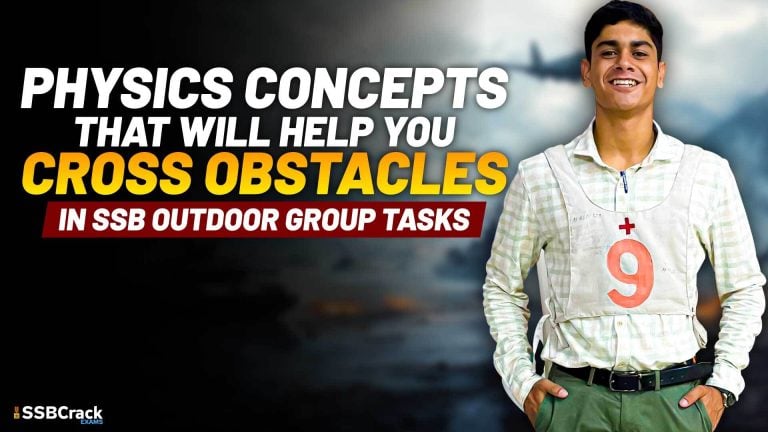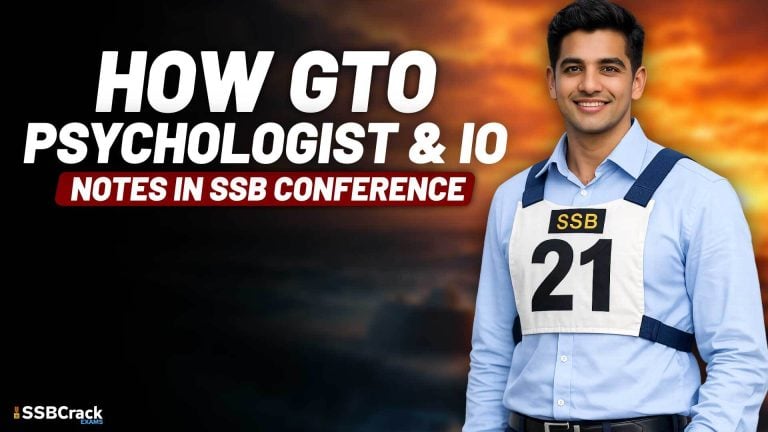Word Association Test (WAT) in the Service Selection Board (SSB) interview presents candidates with a set of words, and the candidates are required to respond with the first word that comes to their mind. The words selected for WAT are varied and cover a broad range of themes. While there is no exhaustive list of words used in WAT, they can be categorized into different types based on the themes they represent. Here are some kinds of words that might be given in the WAT test:
- Positive Attributes:
- Words that are associated with positive qualities and attributes, such as leadership, courage, determination, teamwork, etc.
- Negative Attributes:
- Words that may have negative connotations, such as failure, defeat, fear, etc. These words assess how candidates respond to challenges and setbacks.
- Challenges and Obstacles:
- Words that represent challenges or obstacles, such as difficulty, problem, obstacle, etc. Candidates are evaluated on their approach to problem-solving and overcoming hurdles.
- Emotions and Feelings:
- Words related to emotions and feelings, such as love, happiness, anger, etc. Assessors may analyze how candidates express and handle emotions.
- Social and Ethical Values:
- Words related to social and ethical values, such as honesty, integrity, duty, etc. Candidates are assessed on their alignment with the values upheld by the armed forces.
- Personal Traits:
- Words that relate to personal characteristics, such as ambition, sincerity, adaptability, etc. These words help assessors understand the candidate’s self-perception.
- Nature and Environment:
- Words related to nature and the environment, such as trees, mountains, rivers, etc. These words may reveal a candidate’s connection to and appreciation for nature.
- Adjectives:
- Descriptive words that may require candidates to express qualities or characteristics associated with them. For example, if given the word “brave,” candidates might respond with “courage.”
- Social and Professional Roles:
- Words related to social and professional roles, such as teacher, leader, manager, etc. Candidates may be evaluated on their understanding of different roles in society.
- Everyday Objects:
- Common objects encountered in daily life, such as pen, book, chair, etc. These words assess the candidate’s ability to respond to familiar stimuli.
- Group Dynamics:
- Words that involve group or team dynamics, such as group, team, cooperation, etc. Assessors may evaluate the candidate’s perspective on working within a team.
- Dynamic Situations:
- Words that represent dynamic or challenging situations, such as crisis, emergency, etc. Candidates may be assessed on their ability to handle high-pressure scenarios.
It’s important to note that the selection of words in WAT is intentionally diverse, covering a range of themes to elicit spontaneous and genuine responses from candidates. The goal is to assess various aspects of their personality, cognitive abilities, and suitability for a leadership role in the armed forces. Candidates should approach each word with authenticity and respond with the first word that naturally comes to mind.







